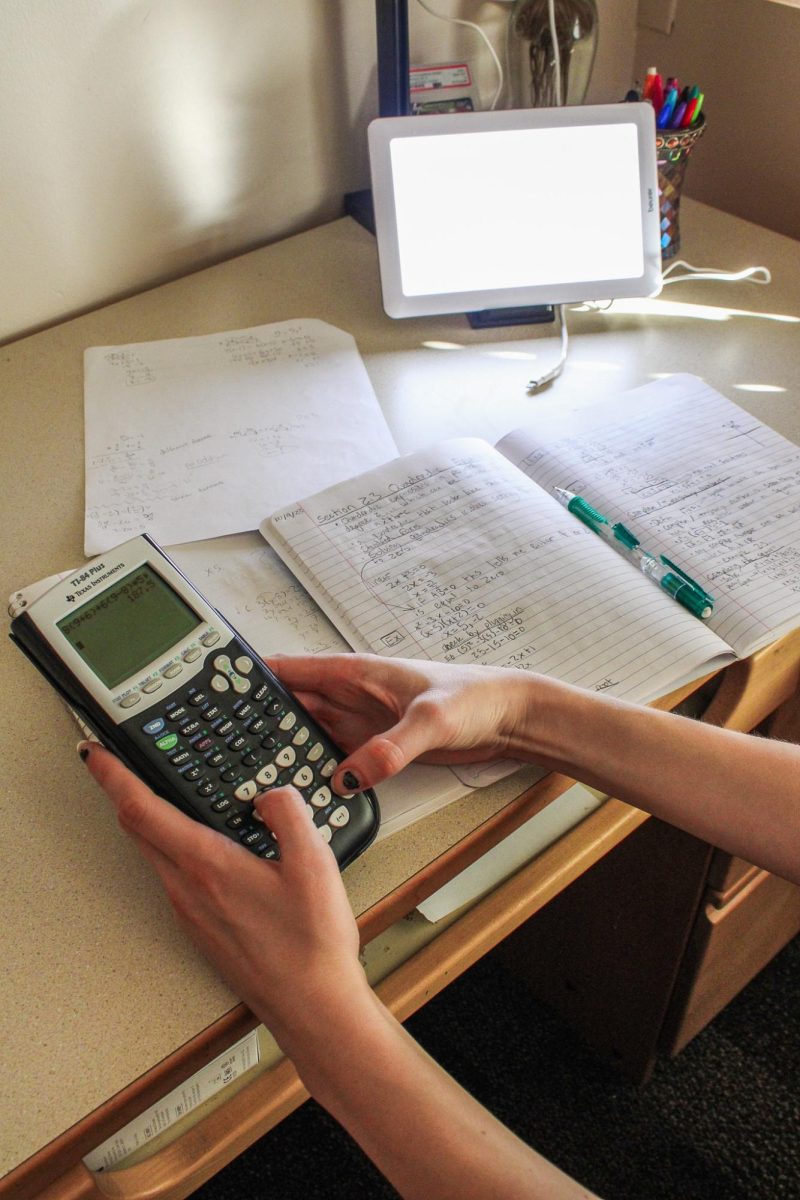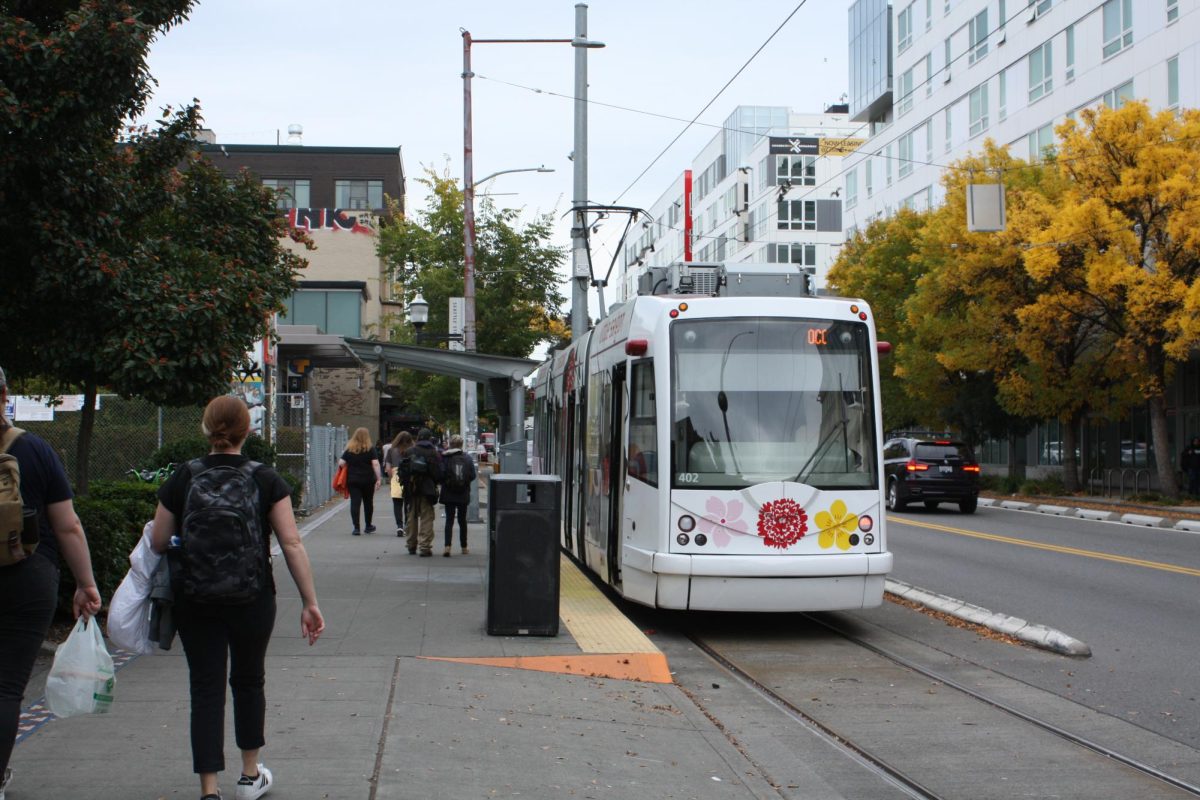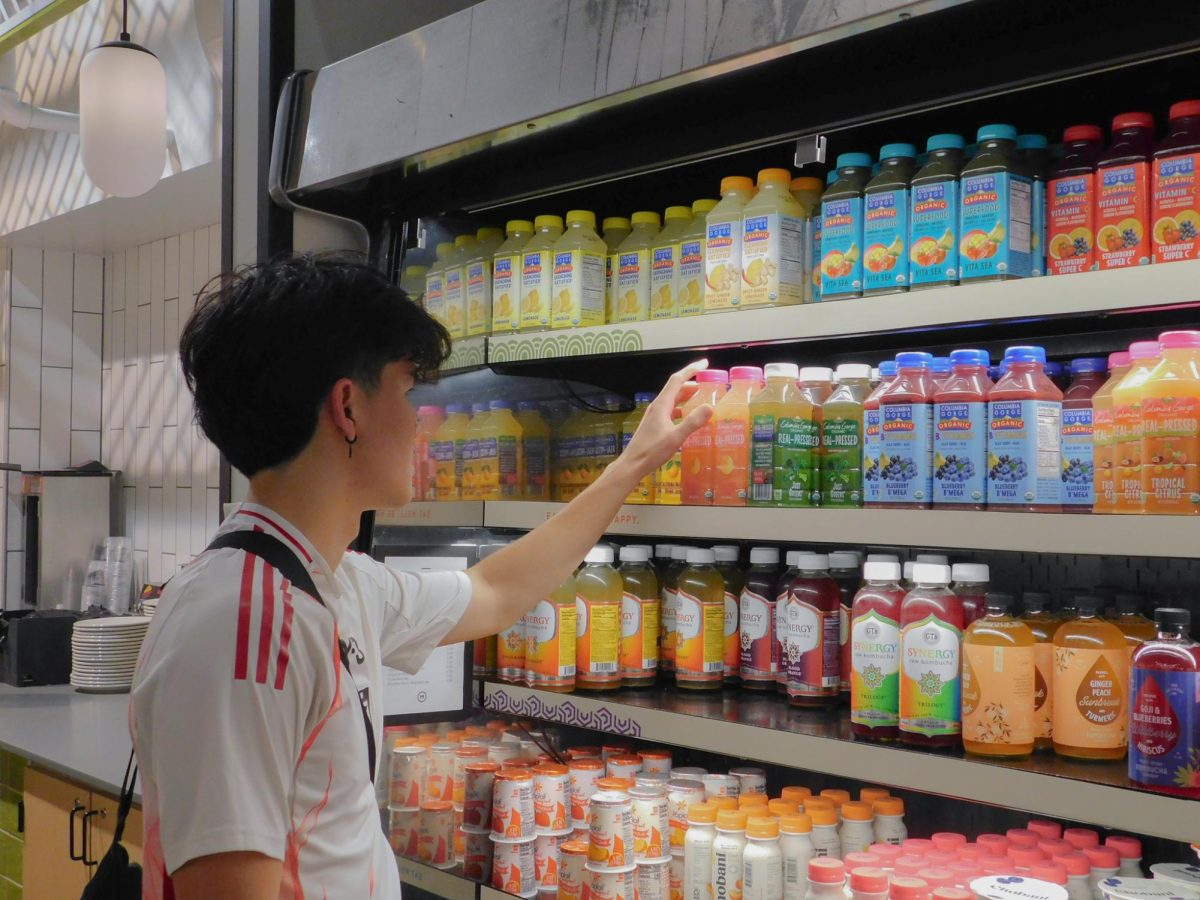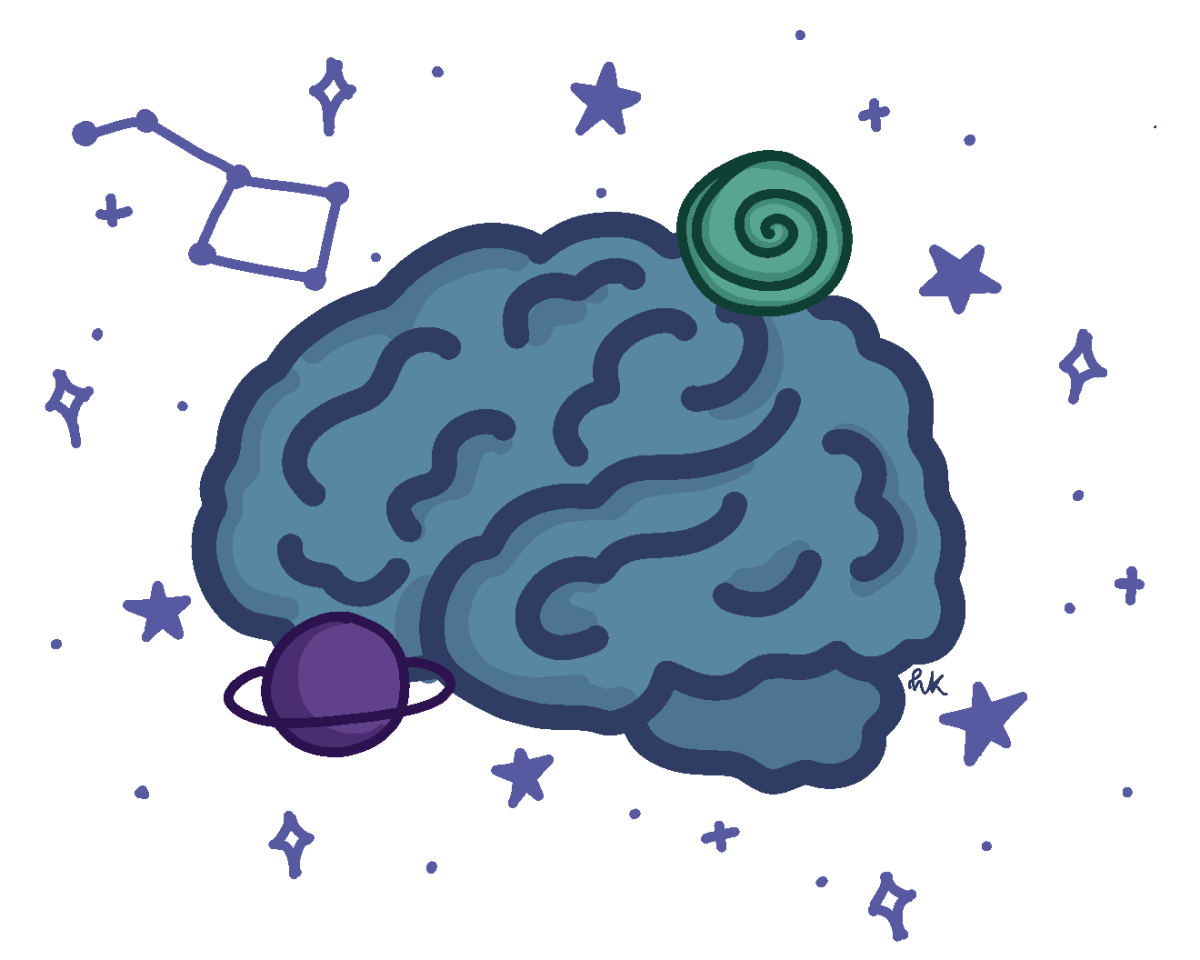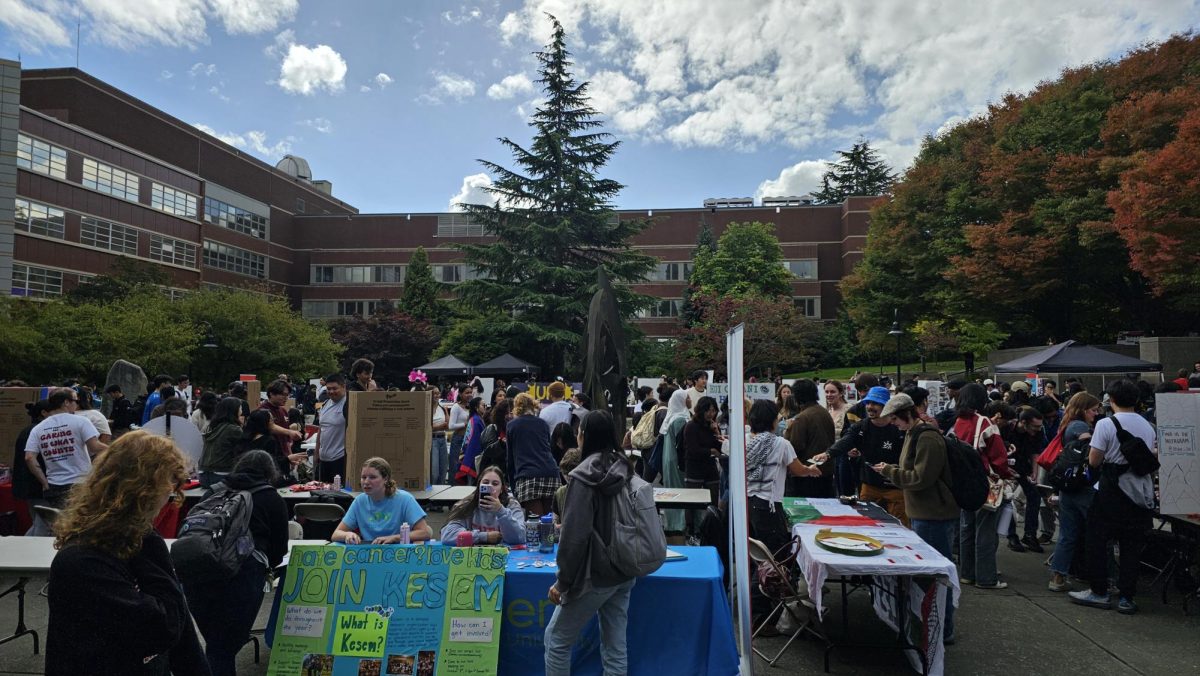Students moving to Seattle for the first time are often asked, “Are you ready for the rain?”
However, there is a bigger worry for students than just missing the sun—seasonal depression. Seasonal depression is a mood disorder that can occur in climates where there is less sun during certain times of the year. Symptoms include feelings of hopelessness, fatigue, depression and social withdrawal.
Eden Crisler, a first-year criminal justice major at Seattle University, is a native of the sunny state of Hawaii and has had to adjust to Seattle’s changing climate. One of the reasons for moving to Seattle was to experience the seasons.
Having lived in Hawaii her whole life, she has been missing the sun recently.
“Any time it’s sunny outside, I force myself to go study or sit outside because I’m tired of the cold,” Crisler said.
Crisler anticipates that as the weather continues to change over seasons, she will continue to find ways to adapt.
“I’m going to try and just get used to it as best I can, force myself to go outside and bundle up and do all of that so I can just get used to it, but I’m sure at some point it’ll start getting to me and I’ll have to buy one of those [light therapy] lamps,” Crisler said.
Muz Katende, a first-year computer science major, has lived in Seattle her whole life. She believes that you can never fully get used to the weather in Seattle.
“I remember when I really started realizing seasonal depression was really hitting me a lot. It became really important for me to constantly talk to my friends about it, make sure that me and my friends were checking in on each other, because a lot of people think they go through it alone. Not everybody experiences seasonal depression here, but everybody has some variety of it,” Katende said.
Katende provided insight on the impact that the environment has on mental health.
“Your environment does affect your mental health a lot and especially for kids who are from like Hawaii or California, I’m very worried about them because this environment is so different from what they are used to,” Katende said.
Kira B. Mauseth, a senior instructor in psychology at Seattle U, has experience dealing with seasonal depression in both teenagers and adults. Symptoms for seasonal depression typically start showing up at age 18. For new students who are experiencing a new environment like college, there are many factors besides the weather that could potentially be impacting them emotionally.
“October and November typically are the hardest months psychologically for students, because the novelty of having started the school year has worn off, and the reality of the social challenges and the reality of the academic challenges sinks in by then. Across the board, we see an increase in mental health symptoms in October and November anyway, and then in the northern latitudes, some of that is compounded by weather and daylight,” Mauseth said.
Students are also advised not to change medication or make drastic life changes in October and November because of the difficulty of these months in general without seasonal effects as well. Seasonal depression can be combated with methods that are similarly used with depression.
Mauseth gave indicators that someone may be dealing with depression.
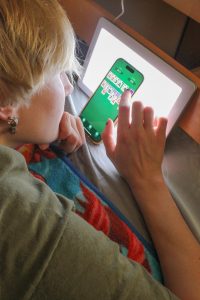
“If you’re not usually a depressed person and you’re not getting out of bed, you find yourself saying no to a lot of things and not doing things and just not being motivated or any hopelessness kind of creeping in, get some help with that. Get some support. There are lots of little things you can do,” Mauseth said.
She also introduced some advice for students dealing with depression during the season.
“Start by making a list of the things that pick you up and perk you up a little bit that aren’t escape and avoidance. Things that make you feel better, that give you some renewal of energy, then be intentional about doing those things,” Mauseth said.
Mauseth expressed the importance of students developing self-help skills to prepare for the changing seasons.
“We all have a lot more capacity for making good healthy choices and helping ourselves feel better than we think we do. It’s about developing insight and practice around that and then just doing it behaviorally,” Mauseth said.
Check in on yourself, your friends and make sure to keep a regular sleep schedule that’s not dependent on the sun.
To combat seasonal depression, Seattle U has many resources available to help. Physical activity is a way to help reduce the impacts of seasonal depression. University Recreation has many fitness classes, outdoor outings and more to keep students active. Social connections are also important to maintain and joining clubs is a great way to do that. You can find new clubs to join on ConnectSU or in the Center for Student Involvement.
Light therapy is another suggested treatment. Light therapy lamps are available from the Office of Wellness and Health Promotion, located in room 380 in the Student Center. Counseling and Psychological Services also offers counseling and mental health resources.
If you find yourself to be struggling with the transition to winter, there are resources readily available on campus for students to combat symptoms attributed to seasonal depression.




